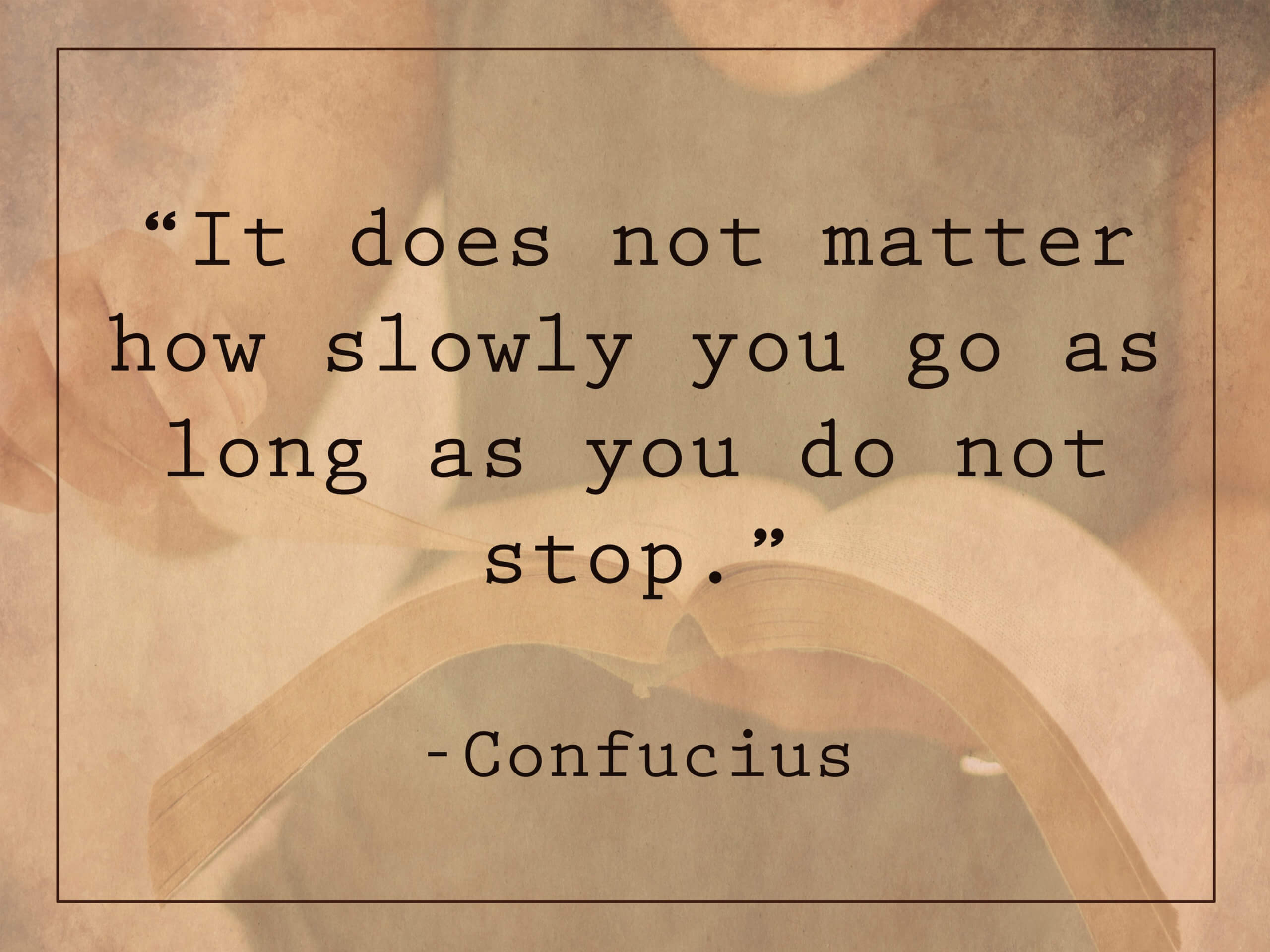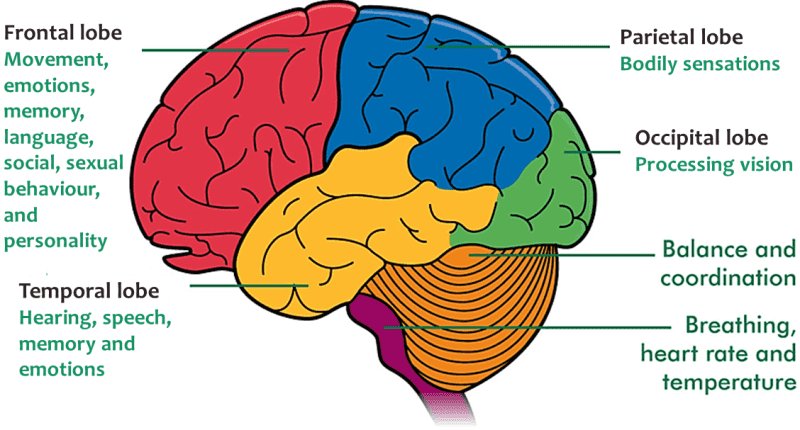
It is springtime, and you are excited to be outside and doing your thing. Whether it is cleaning up, planting, prepping, or mulching. It is great to be outside, even if you are just enjoying the weather. Time to go inside, get cleaned up, and ready for dinner. All of a sudden, you start itching and you notice a rash on your forearm. Do you think about an adverse drug reaction? Do you think about a drug reaction?
March 1, 2023
You assume that it must be poison ivy or some other weed irritation. Over the next couple of days, the itching is still making you crazy and you are beginning to feel miserable and aggravated. You begin taking over-the-counter Benadryl or some other antihistamine. Two weeks later, it is better, but it is still there.
What is the cause? Yes, it could be poison ivy mixed up in the mulch you spread. Yes, it could be some other weed or, who knows what? It could also be one or more of your medications. Most of us don’t relate itching and redness to a drug reaction. Especially, if we have been taking our meds for a few months.
Adverse drug reactions are not side effects. An adverse drug reaction is always negative and may cause harm to you. A side effect is a secondary effect of a medication, which could be harmful, beneficial, or neutral. Usual side effects are where you see a lot of off-label use of medications.
A drug allergy is a serious matter. Technically, it is an adverse drug reaction. In a drug allergy, your body recognizes “it” as a foreign and dangerous substance. The body then activates the immune system to fight it off. You may see rashes, hives, itching, wheezing or other breathing problems, and inflammation. In severe cases, you may see anaphylaxis, which is life-threatening. True allergic reactions happen in about 10% of adverse reactions.
The time frame is different for a drug allergy and an adverse reaction (usually). In a drug allergy situation, the immune system evens occur within minutes to a few hours after exposure. Rarely, does it occur after 24 hours of exposure.
An adverse drug reaction can occur anytime after exposure to the medication. Where it gets confusing or better yet, forget about it when it happens weeks or months after you begin taking the medication. Some adverse drug reactions can be due to the drug itself or an interaction with another drug.
Symptoms of an adverse drug reaction vary by medication, but common ones include:
· Digestive system bleeding
· Heartburn
· Fatigue
· Sleepiness
· Nausea/Diarrhea
· Lightheadedness
· Dizziness
· Constipation
· Skin rashes
Adverse drug reactions aren’t caught a lot of times. Most of the time the physician sees the complaints as “another problem.” Guess what you get? Yep, another prescription. It takes time and effort to figure out what is going on and what may be causing the problem. This is where you can use someone, like me to help figure things out.
We didn’t discuss intolerance, but it is a possibility too. You cannot tolerate a certain medication or the side effects that may occur. Usually, this has to do with metabolism and your body’s ability to use the medication.
Drugs that most commonly cause Adverse Drug Events that lead to a hospital visit:
· Antibiotics
· Anticoagulants (blood thinners)
· Insulin
· Opioid pain meds
· Benzodiazepines
· Renin-angiotensin drugs (blood pressure meds) Ex. ACE Inhibitors, ARB’s (Angiotensin Receptor Blockers, ARA’s (Aldosterone-receptor antagonists)
· Lipid modifying agents
· Urological medications (ex. Urinary incontinence meds)
Drug reactions to medications happen more than we realize. Strange symptoms may occur such as unexplained drowsiness may be a symptom. The dosage prescribed may be too much for you. Remember, allergic reactions occur fairly quickly after the medication has been administered. Anaphylaxis reactions may occur immediately or within half an hour of administration. Anaphylaxis is a life-threatening reaction. You may see these terms, adverse drug reaction, drug reactions, adverse reaction, allergic reaction, or adverse event and they are almost always talking about an unintended adverse drug reaction. Anyone taking a drug can have reactions to medicines even if they have taken the drug before and had no problems.
You know your body and how it feels. Don’t dismiss things that are happening for more than three or four days. You may not know what it is, but you know that you are “not right.” Yes, it could be the side effects of a drug or it could be a possible adverse drug reaction. Your response to a drug may be different from another person on the same drug. You may know folks that feel this way and maybe they could benefit from my services. Let’s have a chat and see. I don’t know if I can help them or not until we talk and it is free.
Leave a message if I am unable to answer.
Pat 865-684-8771







